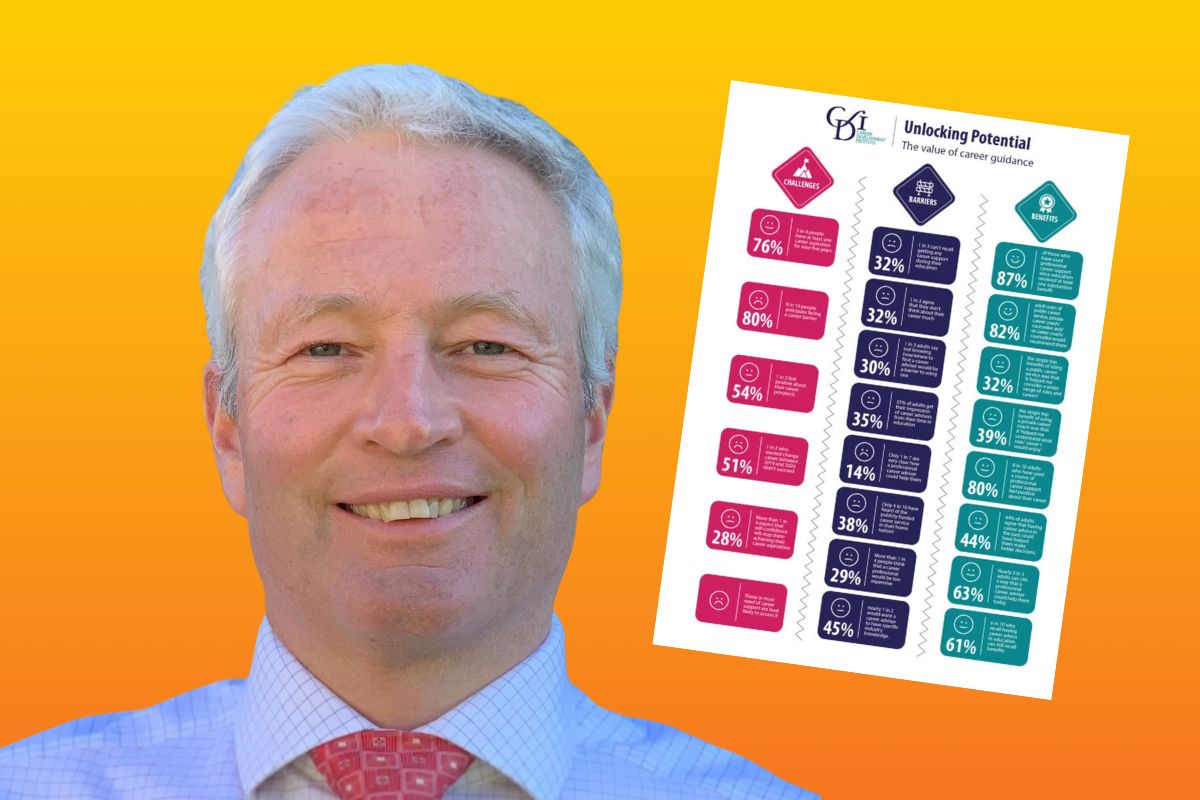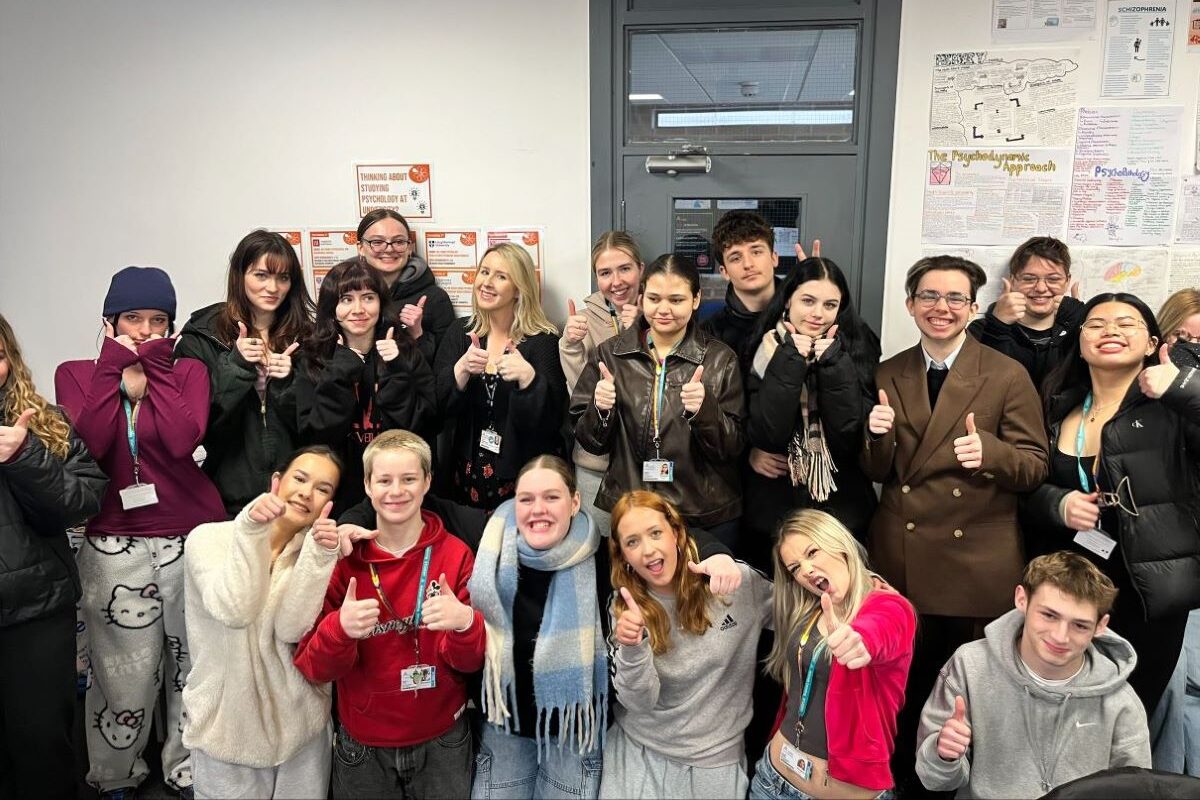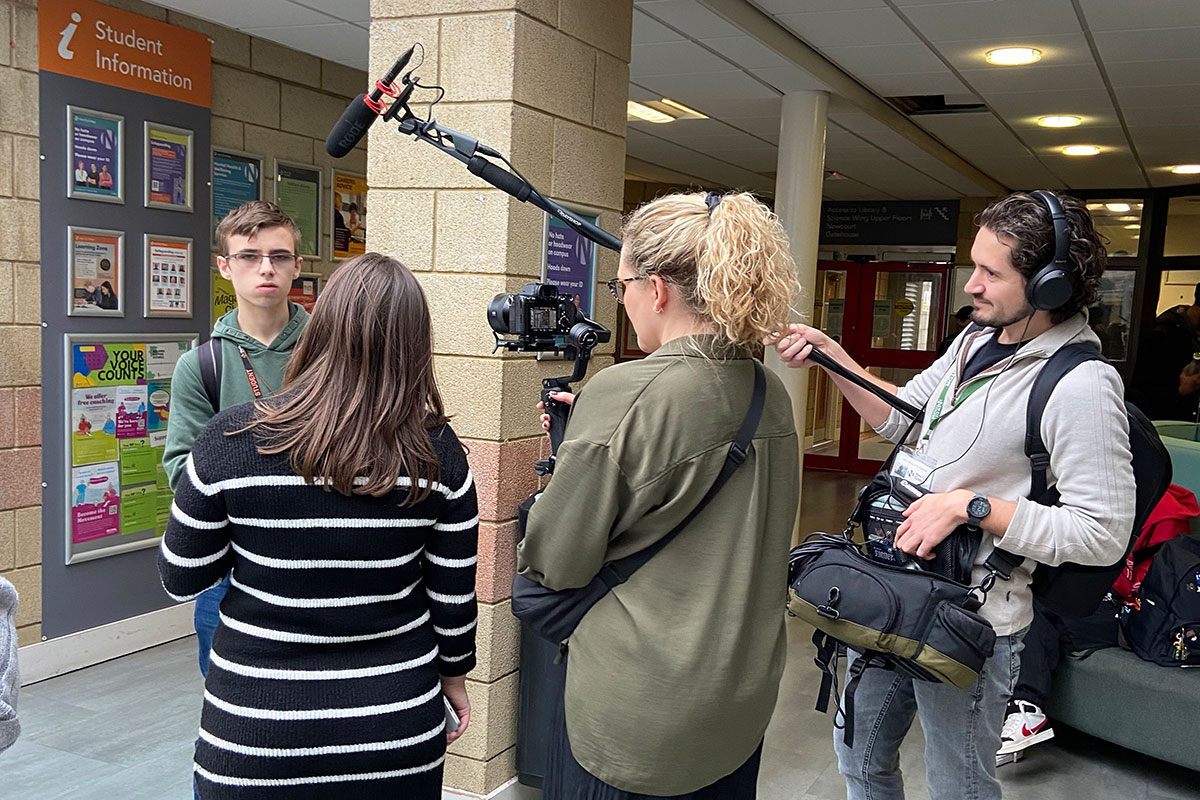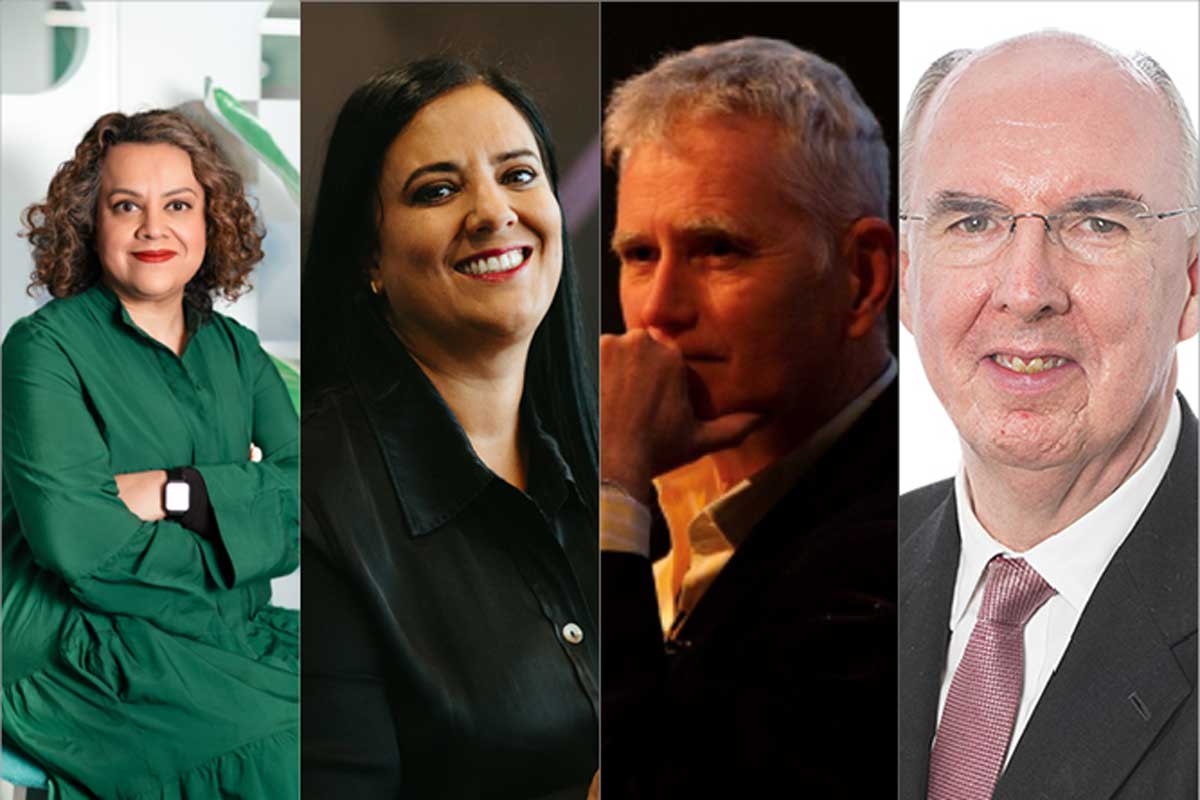UK education start-up and University of Cambridge launch ‘game-changing’ SEND tool

Cogs AI and University of Cambridge launch “game-changing” online tool to identify special educational needs and slash long waiting times
- UK start-up Cogs AI & the University of Cambridge have developed a 15-minute online test to help identify signs of special educational needs, such as ADHD and autism, in children.
- Innovate UK commits £415,000 funding; identifies “game-changing potential.”
- Waiting lists for autism assessments are up 40% in past year, with children waiting months and even years.
- Cogs AI developed the project in partnership with Professor Peter Jones and Dr Jan Stochl from the University of Cambridge.
UK technology start-up Cogs AI is working with the University of Cambridge to develop a 15-minute online test to identify educational support needs in secondary school-age children.
Innovate UK, the UK’s national innovation agency, has awarded the project a £415,000 grant, recognising its “game-changing potential” in the fields of educational and child development, particularly for those with Special Educational Needs and Disabilities (SEND).
This software will help parents, educators, and health professionals assess children for special education and mental health services more efficiently; in doing so, it will ease pressure on schools and NHS services as demand for such services rises sharply. Waiting lists for autism assessments, for example, have risen 40% in the past year.1
Adapting existing methods to transform waiting times
The current methods of assessing for SEND are time-consuming and costly, involving extensive face-to-face evaluations and coordination between under-resourced services. The new software will use questions from existing face-to-face assessments but deliver them through a digital interface, offering a user-friendly and accessible experience capable of simultaneously evaluating a large number of children for additional support.
The software utilises Computerised Adaptive Testing (CAT) technology, providing a tailored set of questions from a larger pool. A sophisticated machine learning algorithm selects only questions relevant to an individual based on their previous answers, allowing for a fast and personalised experience.
The project’s lead researchers, Professor Peter Jones and Dr Jan Stochl from the University of Cambridge’s Department of Psychiatry, have previously implemented this technology in a different field, creating software which assesses children’s mental wellbeing in just 10 minutes.
The collaboration with Cogs AI applies CAT technology to the field of special educational needs, covering four key domains: communication and interaction; cognition and learning; social, emotional and mental health; and sensory and physical needs.
“There is a widening gap in provision for those children who have additional needs but aren’t being put forward for full SEND support, and those children who are spending months, if not years, on waiting lists”, said Zareen Ali, co-founder and CEO of Cogs AI. “We are confident that this new technology will transform the way those additional support needs are identified and provide parents and schools with the information they need to support their children’s academic development and wellbeing.”











Responses